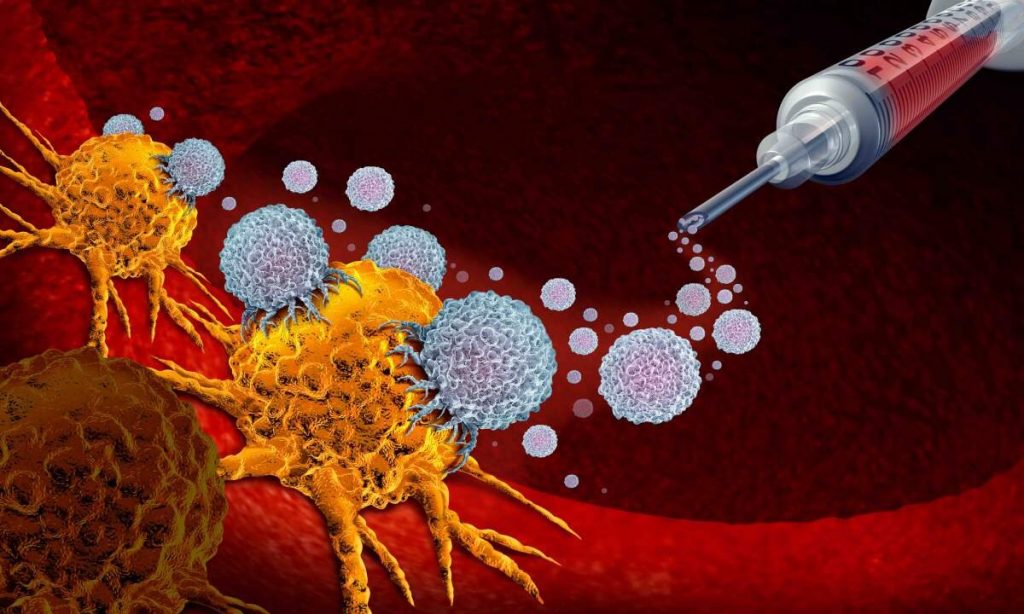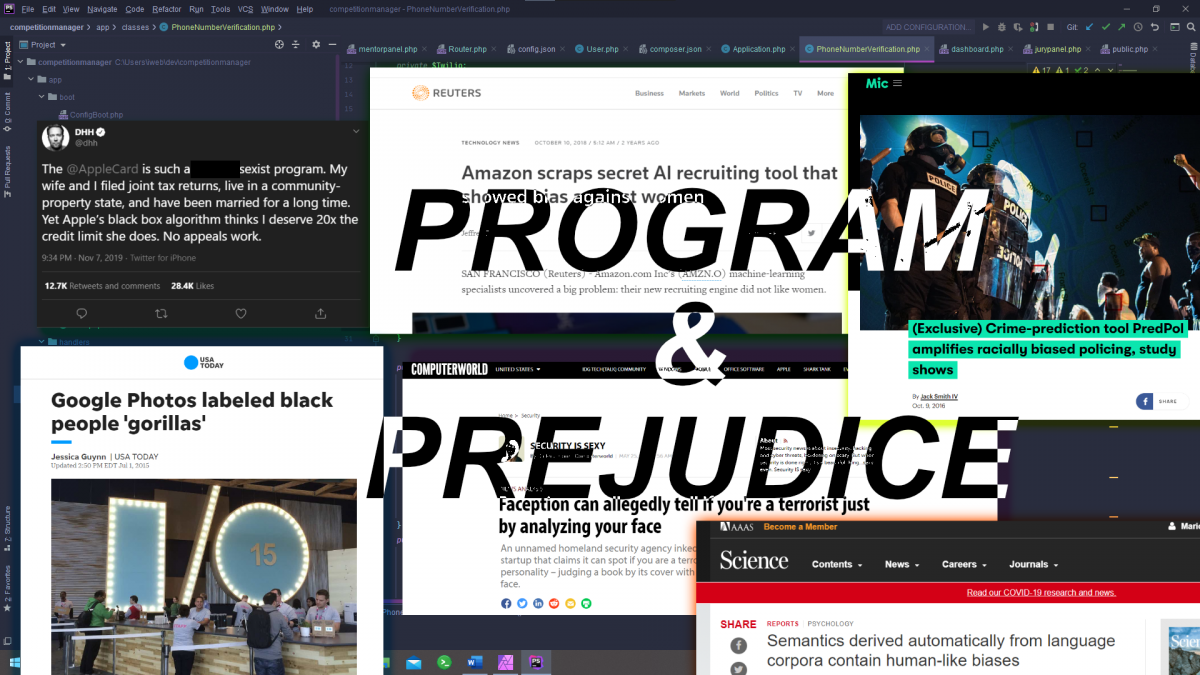Hi Tamara, thank you for joining us for this interview! You are one of our alumni who chose to pursue a non-scientific career, yet your connections to people from S3 brought you back to collaborating with scientists. Before we delve deeper into the story of your bumpy academic ride, let’s get to know you a bit more. How would you introduce yourself?
With this post, we are bringing you a new series of posts, where our long standing Alumni will be presenting their projects for you. In the first post of this kind, we are welcoming our ex-swapshop and project leader, as well as ex-organizer – Matija Piskorec. He did his PhD in Computer Science at the Faculty of Electrical Engineering and Computing at the University of Zagreb in combination with the Ruđer Bošković Institute.
Let’s welcome Matija and learn something about his project!
The Editorial Team
Simulating the bean machine
We’re doing this issue’s DIY Science a bit unconventionally: today, you’ll write your own program to simulate a bean machine, also known as the Galton board. What’s a bean machine, why is that interesting and how to write your first program – find out in today’s post.
Matea, thank you for finding the time to join us for this interview! You will be the first master’s student we will introduce in Presenting Alumni. Furthermore, you are one of our non-Croatian participants, coming from North Macedonia, but you’re doing your studies in the UK. And another interesting fact is that you do some part time research as well? Sounds totally cool!

Most of us probably know someone who’s suffered from cancer, is still suffering or, unfortunately, we have it ourselves. Media daily feed us information on this topic, covering a wide range of news on the newest cancer drugs, treatments or medical discoveries. And yet, you might wonder why, after years and years of research, we still haven’t successfully found a universal cure for cancer. The answer to this is more complex than it seems – so let’s take it step by step.

We rely on computers to make all sorts of decisions these days: computers can decide faster and better than humans, for the most part. Whether you swipe a card in a store, open up Netflix to take a look at its recommendations or search your computer for that one file you just can’t find, a computer takes a look at the data available, runs an algorithm and gives you a result. That data can be your account balance, past viewing activity or an index of your files, but it can be something much more important – and as we grow to trust computers to perform more and more tasks that humans have traditionally been doing, how can we make sure that they make the right decisions? And are they making good decisions right now? Or are they actually amplifying sexism and racism?
Quantum
“Anyone who is not shocked by quantum theory has not understood it.”
Niels Bohr (and others, with variation)
As part of our short summer break, instead of bringing you a shiny new story, we want to share some information on our S3 alumni survey. So strap on your seatbelts and get ready for some stats!
Hi, Nikolina, and welcome to our Presenting Alumni session. As it was time to talk to a PhD student, whom better to choose than a long-standing alumna. For those who don’t know, Nikolina has participated in the school five times, and this year would have been her sixth!
But before we dwell into more details, let’s get to know you…
DIY: Soap bubble cyclones

Bubbles are generally fun to make and play with, but did you know you could witness some interesting physics by heating one up? You can watch mini cyclones form and dissolve. Try simulating a hurricane on a bubble in your kitchen!